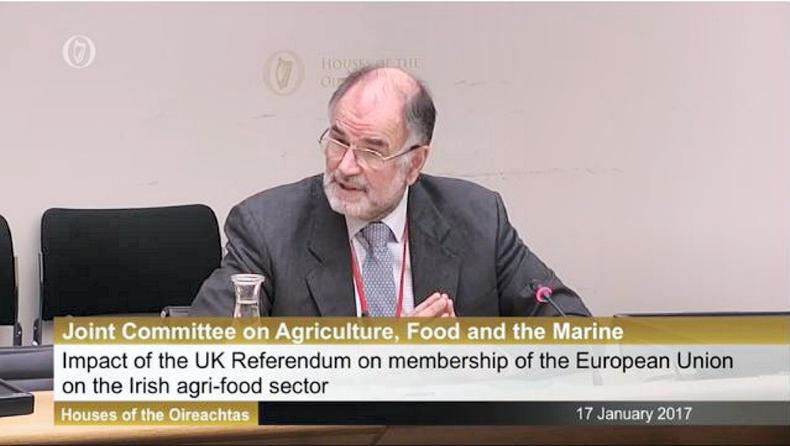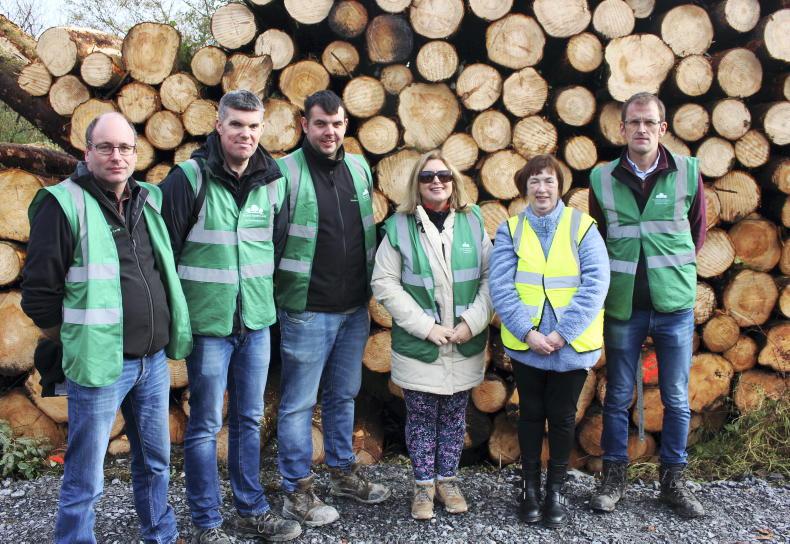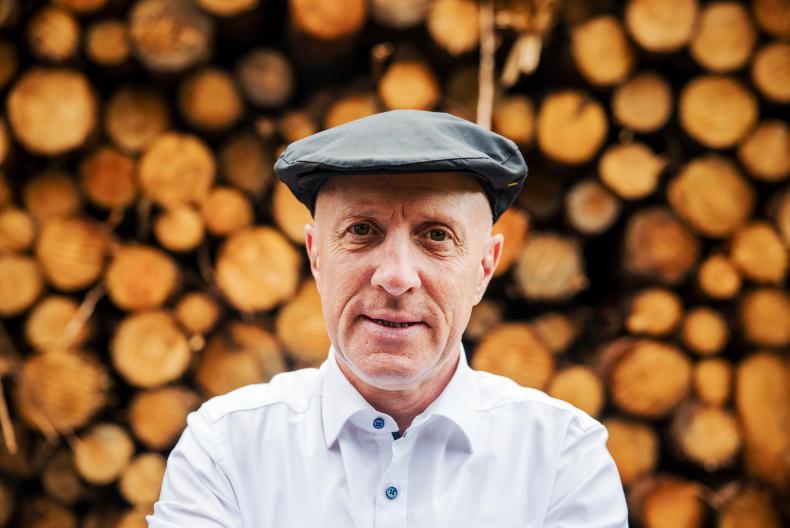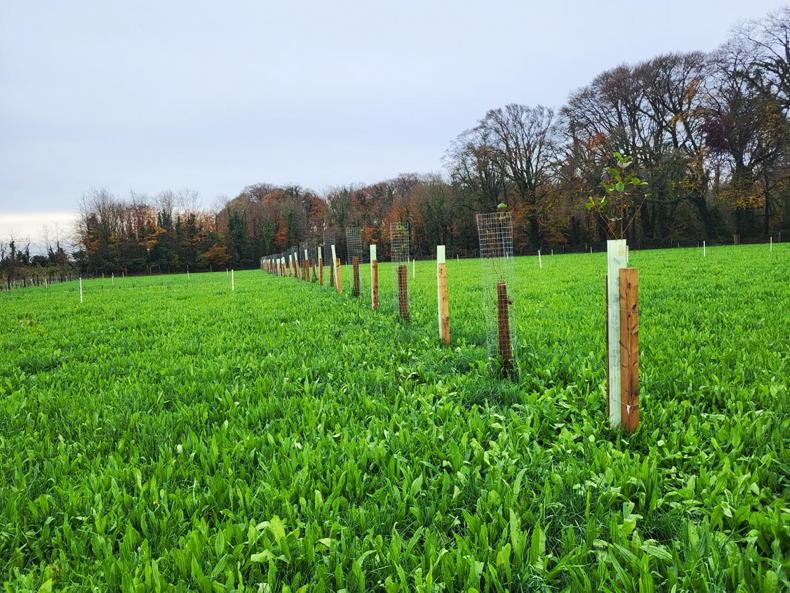Are farmers in Europe under as much pressure when it comes to climate change as here in Ireland?
Ireland’s emissions profile is quite unusual, in that agriculture accounts for such a large percentage (34%) of total emissions. With the exception of New Zealand, emissions from agriculture are much less prominent in other countries and receive far less scrutiny. In most other European countries, biodiversity, animal welfare, the environment and water quality are more important issues related to agriculture for the general public.
Why are farmers not given more credit for carbon sequestered on their farms?
There’s a lot of emphasis on soils right now and their potential to capture and store carbon. This is very welcome, but there’s a ceiling to how much carbon soils can sequester. Farmers can plant more trees on their farms, but there are measurement issues with this. If you plant trees in an agro-forestry system, I’m not sure it would be given any credit in the current inventory system for calculating emissions, due to set rules for what can be deemed afforestation.
Do you think agriculture can become carbon neutral in the future?
I think agriculture and food production will always be a net emitter of greenhouse gases, whereas our energy sector should be able to get to zero emissions. However, we can certainly do more on the carbon mitigation side. Arla, the Danish dairy co-op, has committed to reaching net zero emissions from its supply chain by 2050. I’m not sure how they plan to achieve this, but they have signalled their ambition which is very positive.
Can Irish agriculture meet its climate targets while at the same time trying to increase production to meet Food Wise 2025 targets?
The environment is often viewed by some groups as being an annoying constraint on production. That’s not the way to think about it. The Food Wise 2025 plan states that economic and environmental sustainability should be equal and references the ‘sustainable intensification’ of Irish food production. It can’t be economically sustainable for a farmer to expand production if it undermines the environment, because the environment is the farmer’s key asset.
What future do you think Ireland’s beef industry has?
There is a future for Ireland’s beef industry, but I think it will be at a smaller level. This is simply down to economics. I understand why farmers are so frustrated when beef prices are below the cost of production, but I don’t see that changing any time soon. European consumers are eating less meat but are also demanding lower value cuts, such as mince or burgers. At the same time, Europe is slowly liberalising its trade policies. Pending trade deals with Mercosur and Australia will increase competition in European beef markets. Then you have Brexit. Will the UK beef market still be as valuable after Brexit and will Ireland still have the same access to it? It’s not clear.
How much do you think the Irish beef industry will shrink?
When Ireland joined the EU in 1973, our suckler herd was half the size it is now. That herd size seems like a sensible size to me for the national herd to get back to. I think our beef sector will return to a more extensive, lower cost production system. We could use CAP funds to pay farmers an extensification payment, where they would get a higher base payment if they maintained suckler numbers below a certain level.
Prof Alan Matthews will be speaking at the 2019 Nuffield conference as part of an expert panel discussing ‘agriculture’s role in growing a healthy, sustainable society’.









SHARING OPTIONS